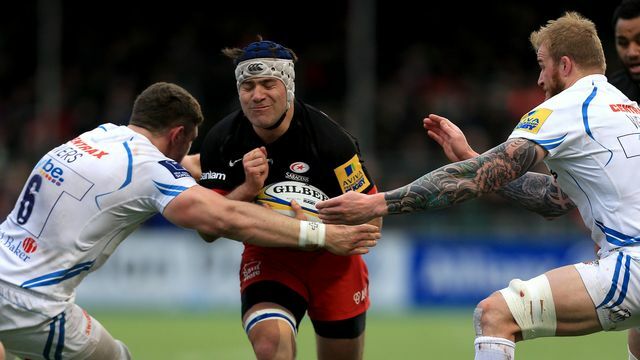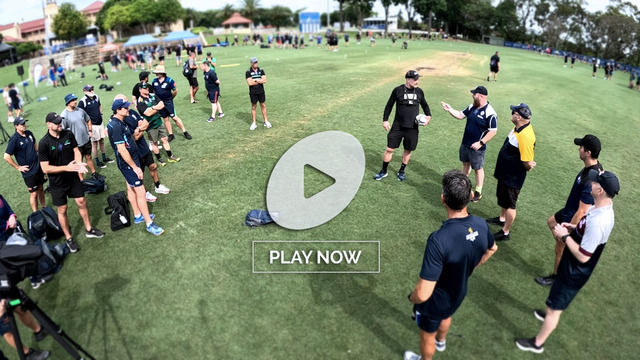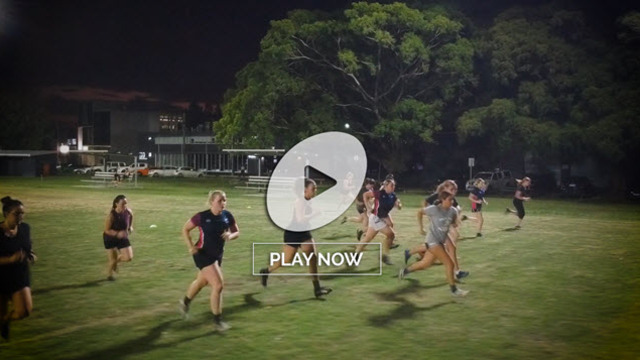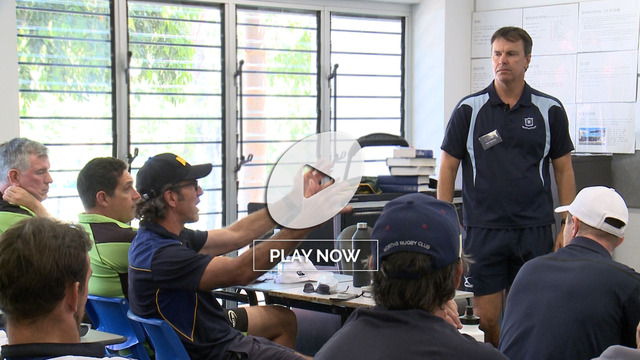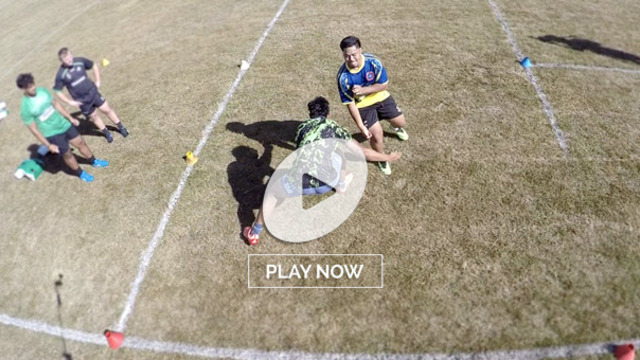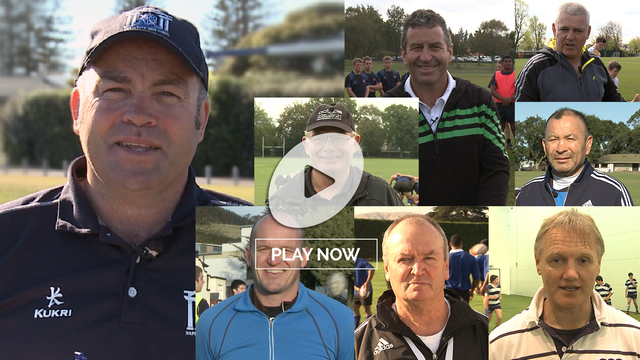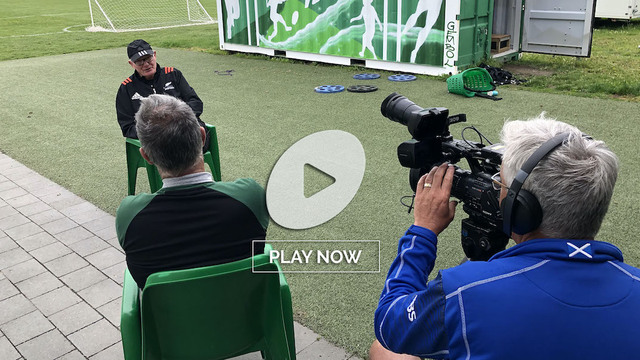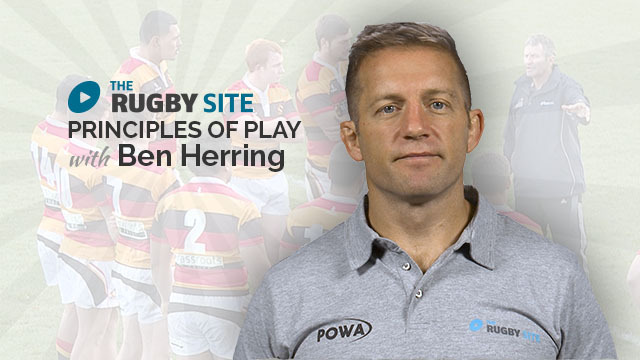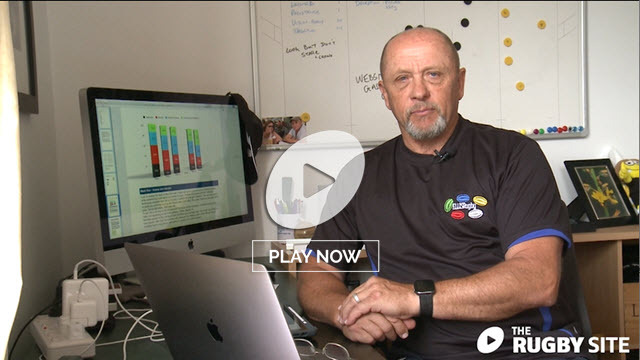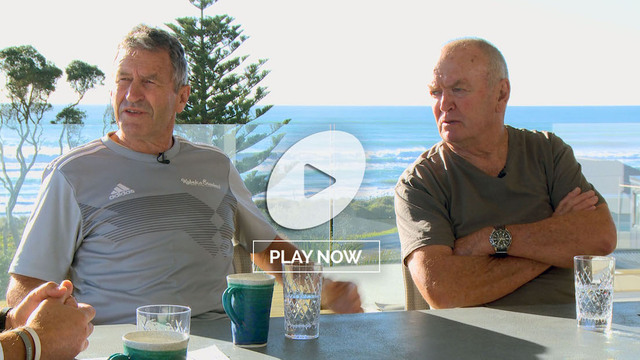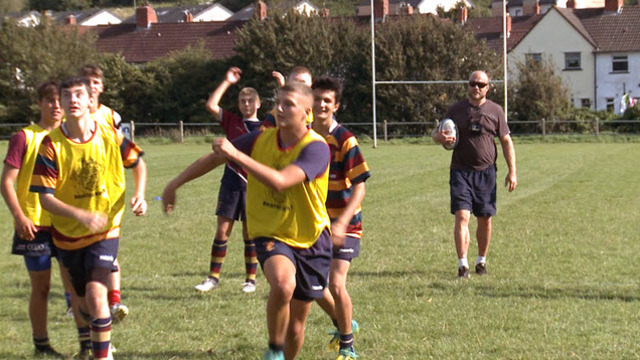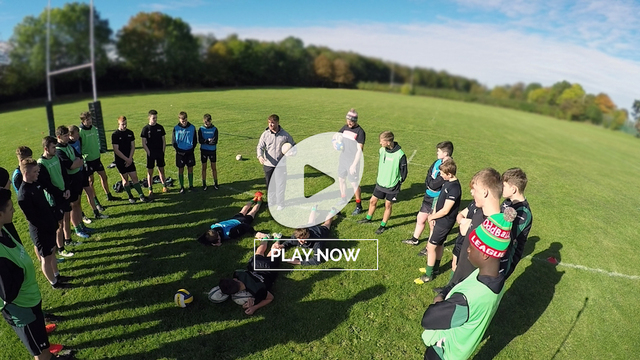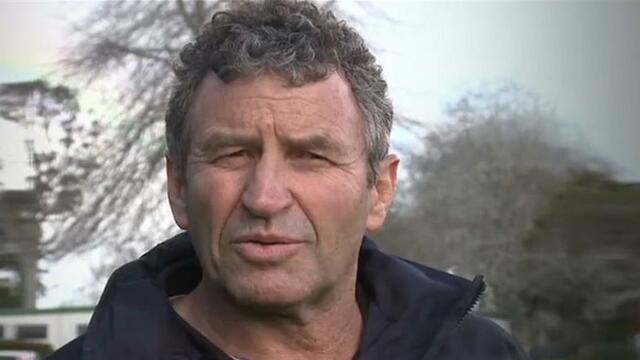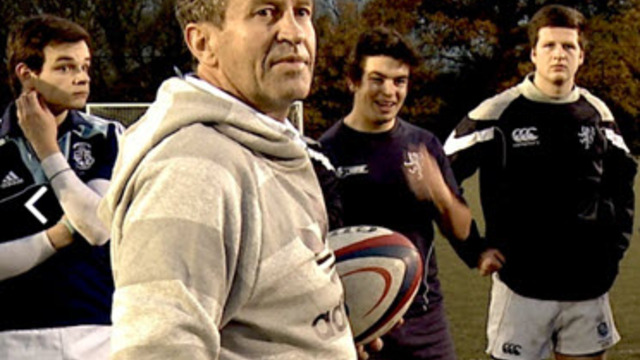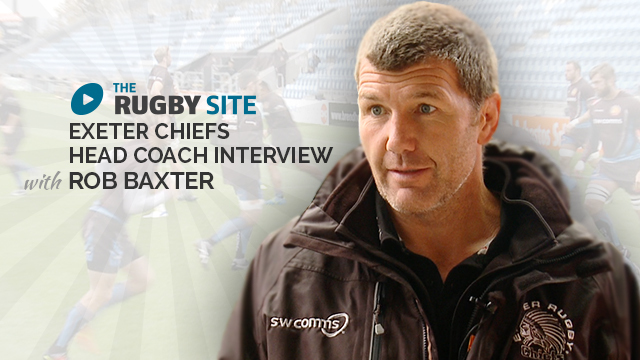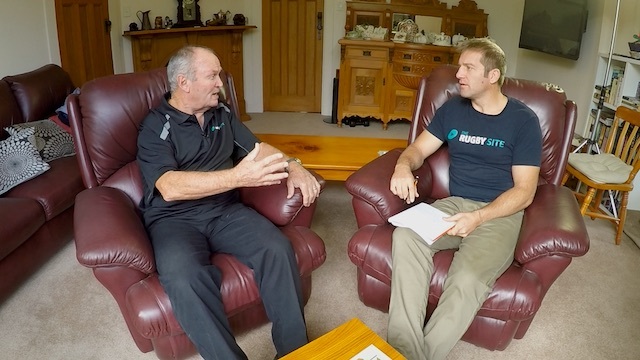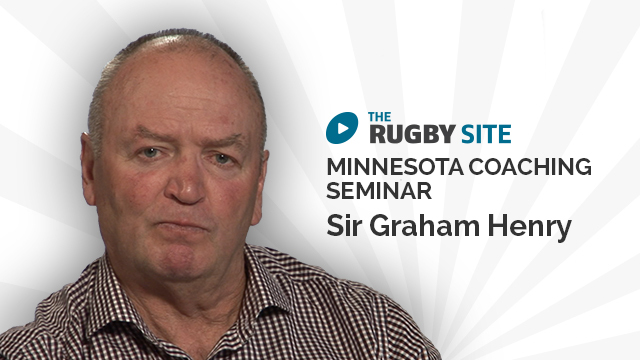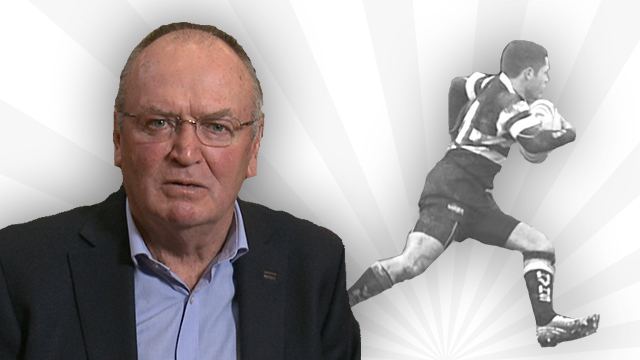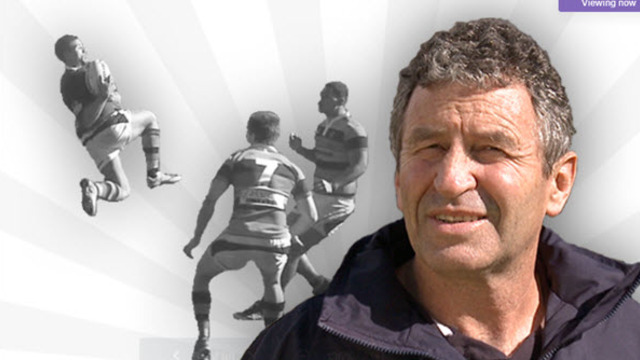Sarries focused on the journey – not the destination
“If you can meet with Triumph and Disaster, and treat those two impostors just the same,” Rudyard Kipling famously opined, “Yours is the Earth and everything that’s in it, and – which is more – you’ll be a Man, my son!”
It is a powerful and often quoted piece of advice from a father to his son and is one you sense is familiar to English side Saracens who have taken on a similar patriarchal role when it comes to shaping the development of their players – six of whom are currently on duty with the British & Irish Lions in New Zealand.
Crowned Kings of Europe once again last month with a hard-fought 28-17 victory over French rivals Clermont Auvergne, they then saw their hopes of a ‘double double’ dashed by Exeter Chiefs in an epic Premiership semi-final defeat just a week later.
As notable and impressive their endeavour on the field in both of those games and throughout the season, it is perhaps the off-field conduct of the management team, led by director of rugby Mark McCall, and the players – past and present – that offered the greatest insight into the club’s recipe for ongoing success.
“We never speak about goals,” insisted captain Brad Barritt having steered his side to Champions Cup glory in Edinburgh, “we always speak about memories and this team is so hungry and determined."
“It’s a big squad effort, it doesn’t just happen with 15 players, it is the greater group and that is a huge testament to the Saracens culture today.”
Match winner Alex Goode also weighed in after the game reminding us all that as far as they are concerned it is all about the journey rather than any perceived destination.
“We have a young squad and one that is very hungry to keep improving. It was a joy to be on the field with the rest of the team,” he said. “The strength of the group is that we are constantly looking to improve and get better and we never feel like we are the finished article.”
Spin forward seven days to the scene of the team’s stoppage time defeat to the Chiefs and McCall is also reluctant to dwell on the scoreboard.
“We have always said that we will not judge things on outcome,” insisted the gracious Sarries boss, “and as painful as it feels now to lose in the manner that we did, I think we should be incredibly proud of the effort that we showed and proud of the performance."
“The qualities that we showed in the second half are what the club is about, are what we strive for all of the time and when we show those and fight like we did then I know with the quality that we have got we are going to be OK.”
It may be easy for a club that has enjoyed more than its fair share of glory to play down the importance of the result in big games but it is not so easy to dismiss their blueprint – especially if you are a rival side looking to replicate their success.
So where did this approach begin? Step forward former Saracens captain Alistair Hargreaves who insists the transformation process began long before he lifted the Premiership silverware on behalf of the club in 2015.
“Happy people are more productive and that is the secret to Saracens success,” he revealed while working as an analyst for broadcasters BT Sport.
“That victory started years and years before when Saracens made a conscious effort to build a great working environment for the players and their families,” he added.
“There’s always been this unwavering focus on ourselves, our team, how we can do things better, how we can create a culture that we love. I think that might have got misconstrued or misunderstood in the past but what you’ll find is guys that love being around each other, they enjoy the company of the team and team environment within which they live.”
The management team that laid the foundation for that success was made up of former chief executive Edward Griffiths, the then director of rugby Brendan Venter and also head coach and future boss McCall.
“Brendan, Mark and Edward came into the club eight or nine years ago and said this is how we want to be known, this is how we want to play our rugby and you either fit in or you find somewhere else to go,” recalled Hargreaves, “and on the famous ‘Black Monday’ the decision was made, it was the time to decide what the future holds for Saracens, you had to either buy into that or not, and so far it has worked.”
The decision to integrate the players’ families, with the introduction of such things as a club crèche, and bring them along for the journey could be seen as a masterstroke and has already prompted others to follow suit.
Former Saracens star David Strettle and now Clermont flyer recently revealed his current employers are among those to have noted the benefits of such an approach.
“Clermont’s starting to become the same and I think that over the past couple of years they’ve realised the importance of that; you know, if you want a team to be unified, you can’t just do it with the lads on the pitch,” he told Sky Sports’ Graham Simmons, “it’s got to be with the people behind the player, the wives, the girlfriends and the kids; you’ve got to look after and include them as well.”
Fostering a sense of belonging is clearly important when you have a multi-national playing squad like Saracens and you want your players to focus on performing rather than worrying about their families adjusting to life in a new country.
It could perhaps be argued that the proximity of that support network brings as much pressure as comfort when maybe a little distance between the two would provide a relief from on-field demands and expectation.
However, try telling that to Saracens who can boast three Premiership titles, two Champions Cup wins and an Anglo-Welsh Cup success in the last six years.
Perhaps having taken a leaf out of Saracens’ book, Clermont refused to dwell on what was their third defeat in the Champions Cup final and swiftly rallied to take the Top 14 crown just a couple of weeks later.
But they should know that there are plenty of more pages to that particular tome with Saracens’ commitment to broadening their players’ education on and off the field equally compelling and arguably just as pivotal in their success.
The club has encouraged further education and entrepreneurial enterprise and guest speakers from across life’s spectrum have shared their stories with the squad in recent seasons.
“We want players who are not just technically skilled but who have character,” McCall told The Times earlier this season.
It is a Kipling-esque mantra that underlines the club’s quest to shape not only the players of today but also the men of the future.
